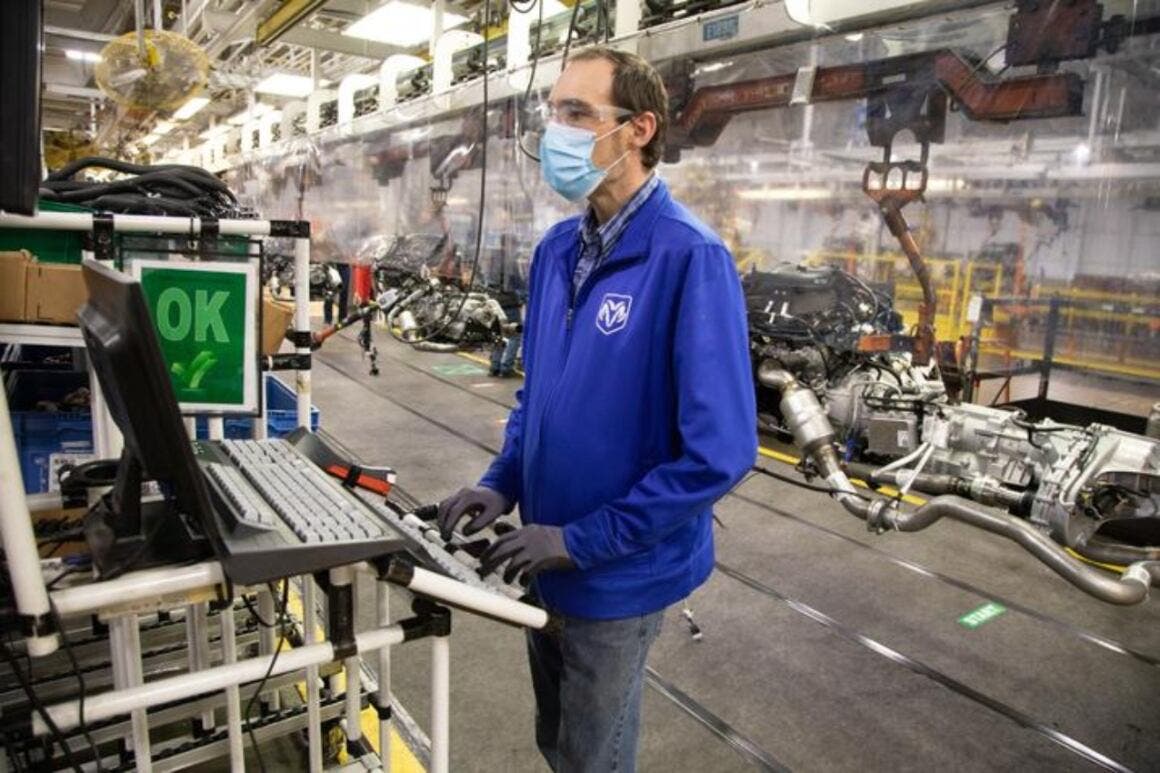Automotive giant Stellantis has publicly disclosed a drastic reduction in production at its plant in Warren, Michigan. This decision was made because of the halt in production of the Ram 1500 Classic pickup truck. Now, there are about 2,500 jobs at risk, which is generating great concern for thousands of American families.
The news came after rumors of cutbacks circulated by Stellantis in early August, which had already alarmed unions. Initially there seemed to be talk of possible layoffs on a much larger scale, but now it seems that the automotive group’s focus is solely on the Warren plant, where production of the Ram 1500 Classic will end by the end of the year. This strategic choice also comes from the introduction of the new Ram 1500 model, it will generate inevitable repercussions on employment.

The new Ram 1500 evolution with the powerful engine
Although there is great concern on the part of the unions for the workers, Stellantis’ decision to permanently discontinue the basic version of the Ram 1500 Classic nevertheless comes in line with the general trend in the industry in wanting to offer the public more high-performance and technologically advanced vehicles. In fact, the new Ram 1500, will be presented and equipped with the powerful Twin-Turbo Hurricane engine, which is a clear example of this evolution creating discomfort. Despite this choice to try to stay in step with the times, there are still questions about the future of the Ram brand and its ability to succeed in adapting to the growing demand for electric vehicles.

The cuts in Warren do not just present themselves as the only problem for Stellantis. Indeed, the group reported a 48 percent drop in net income in the first half of 2024, a sign that highlights the difficulties the company faces in an ever-changing automotive market.
With regard to the situation at the Warren plant, we can certainly say that the loss of 2,500 jobs will have a very significant impact on the local community. Moreover, this kind of issue contributes to raising questions about Stellantis’ ability to ensure employment stability for its employees. At the same time, however, this decision we know is about the strong need for a transition to more flexible and sustainable production models.
